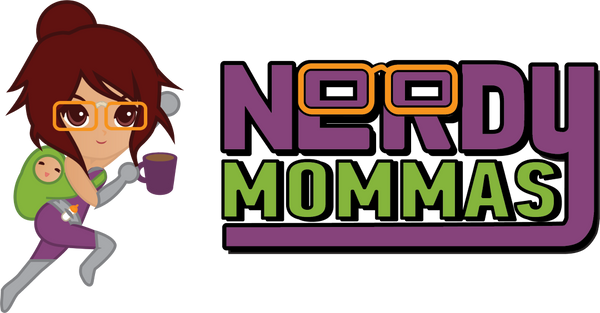Washing Cloth Diapers in Hard Water: Tips for Cleaner, Softer Laundry
What is Hard Water?
Hard water contains high concentrations of dissolved minerals, mainly calcium and magnesium. While safe to use, it can impact laundry quality by leaving fabrics stiff, dull, or even musty-smelling.
How Hard Water Affects Detergent
The minerals bind with detergent ingredients, reducing their cleaning power. That means bacteria, dirt, and odors may linger in your laundry. You can address this in two ways:
- Use more detergent
- Add a water conditioner
Method 1: Increase Detergent Usage
Try adding detergent to both your pre-wash and main wash. You can also slightly increase the detergent amount (by ½ tsp at a time) in your main wash until results improve.
Method 2: Use a Water Conditioner
Water conditioners break down minerals so your detergent can work properly. Here are common options:
- Calgon: Binds calcium and magnesium; great for extremely hard water and gentle on fabric.
- Borax: Softens water by raising pH, gentle but alkaline.
- Washing Soda: Reacts with minerals but can be harsh on delicate fabrics and may leave residue.
- White Vinegar: Good for rinsing; dissolves mineral deposits but not ideal during the wash cycle.
Watch Out for Iron
Some homes with hard water may also have high iron levels. In this case, avoid using bleach — it can react with iron and cause orange staining on fabrics and appliances.
How Hard Water Affects Fabrics
Mineral buildup clings to fabric fibers, making them feel stiff, less absorbent, and prone to odors. This can also cause skin irritation in babies.
If your diapers feel rough or aren't absorbing well, it's time to strip your laundry to remove those mineral deposits and restore softness.

